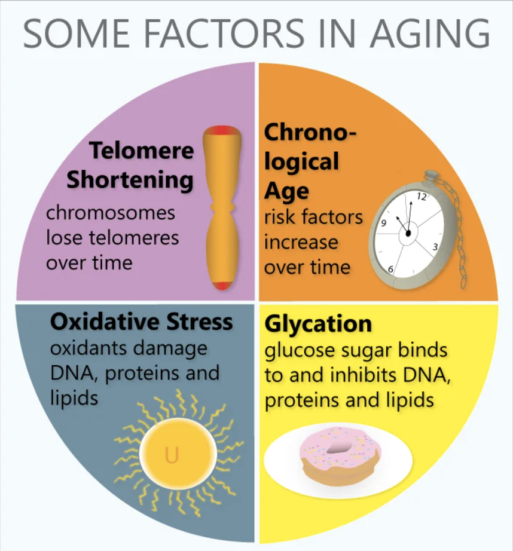
Source: Wikimedia Commons
More research is surfacing that shows nicotine can have positive effects on the brain. In its most common form via smokable tobacco, the downsides obviously outweigh the benefits.You’ll smoke your way to the ER before you smoke your way to a higher IQ.
Ursula Winzer-Serhan, Ph.D., an associate professor at the Texas A&M College of Medicine who did a study on nicotine in 2016, made this point previously, telling the Daily Mail that “smoking results in so many health problems that any possible benefit of the nicotine would be more than canceled out.”
But recent studies on animals show that ingesting nicotine has some promising developments on brain function and more.
A New Nicotine Study Hints at More Than Just a Healthier Brain
Nature just released a new study that shows a wide range of positive effects on low-dose nicotine administration in mice. It found indications that nicotine can help protect memory and cognition in aging mice.
There were positive developments that showed lowered inflammation in the mice who took nicotine. It even showed positive signs of reducing anxiety in the mice. Winzer-Serhan’s 2016 study also showed links between the drug and reduced anxiety.
The Nature study also focused on how nicotine helped NAD+ reach homeostasis.
What Is NAD+?
NAD+, also known as nicotinamide adenine dinucleotide, is found in every cell of the body. It’s a coenzyme that’s involved in hundreds of metabolic processes. But its most important functions include turning nutrients into energy and helping other proteins regulate other cellular functions.
There’s only one problem: its activity decreases with age. That’s where nicotine may play a helpful role.
NAD+ depletion is associated with the shortening of telomere length. And shortened telomeres are closely associated with aging and death.

Source: University of Utah
The recent Nature study shows that nicotine helps NAD+ reach homeostasis, thus delaying the aging process.
Should You Start Smoking?
Winzer-Serhan believes that not only should you not start smoking, but you also shouldn’t be rushing to ingest other products containing nicotine.
“Although the results are intriguing, we would need large-scale clinical trials before suggesting anyone change their behavior. At the end of the day, we haven’t proven that this addictive drug is safe — and it certainly isn’t during childhood or adolescence — or that the benefits outweigh the potential risks.”
While this research offers some promising indications of nicotine’s neuroprotective abilities, further research is needed before any clinical application can be made.
For now, people should refrain from using nicotine-containing products until researchers gather more data to confirm the findings of these preliminary studies.

 Nicotine Shows Surprising Benefits to the Aging Brain
Nicotine Shows Surprising Benefits to the Aging Brain




 Composting Bodies Is Now Legal in a Dozen States
Composting Bodies Is Now Legal in a Dozen States














